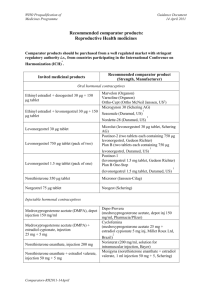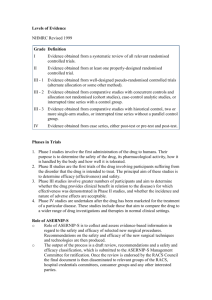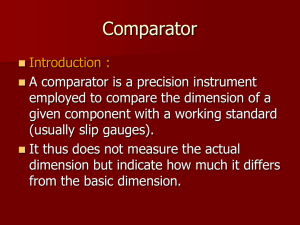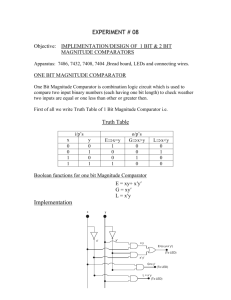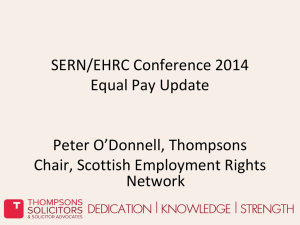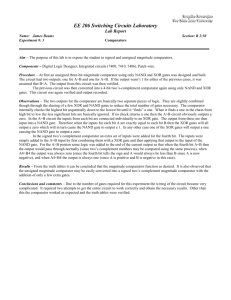Recommended comparator products:
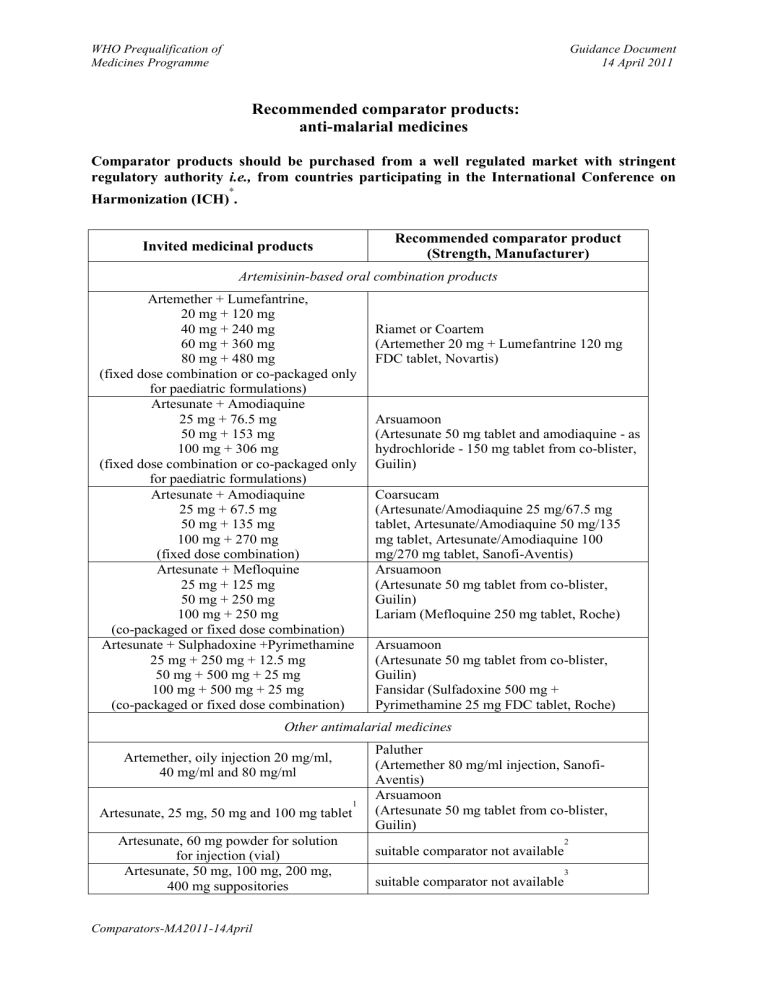
WHO Prequalification of
Medicines Programme
Guidance Document
14 April 2011
Recommended comparator products: anti-malarial medicines
Comparator products should be purchased from a well regulated market with stringent regulatory authority i.e., from countries participating in the International Conference on
∗
Harmonization (ICH) .
Invited medicinal products
Recommended comparator product
(Strength, Manufacturer)
Artemisinin-based oral combination products
Artemether + Lumefantrine,
20 mg + 120 mg
40 mg + 240 mg
60 mg + 360 mg
80 mg + 480 mg
(fixed dose combination or co-packaged only for paediatric formulations)
Artesunate + Amodiaquine
25 mg + 76.5 mg
50 mg + 153 mg
100 mg + 306 mg
(fixed dose combination or co-packaged only for paediatric formulations)
Artesunate + Amodiaquine
25 mg + 67.5 mg
50 mg + 135 mg
100 mg + 270 mg
(fixed dose combination)
Artesunate + Mefloquine
25 mg + 125 mg
50 mg + 250 mg
100 mg + 250 mg
(co-packaged or fixed dose combination)
Artesunate + Sulphadoxine +Pyrimethamine
25 mg + 250 mg + 12.5 mg
50 mg + 500 mg + 25 mg
100 mg + 500 mg + 25 mg
(co-packaged or fixed dose combination)
Riamet or Coartem
(Artemether 20 mg + Lumefantrine 120 mg
FDC tablet, Novartis)
Arsuamoon
(Artesunate 50 mg tablet and amodiaquine - as hydrochloride - 150 mg tablet from co-blister,
Guilin)
Coarsucam
(Artesunate/Amodiaquine 25 mg/67.5 mg tablet, Artesunate/Amodiaquine 50 mg/135 mg tablet, Artesunate/Amodiaquine 100 mg/270 mg tablet, Sanofi-Aventis)
Arsuamoon
(Artesunate 50 mg tablet from co-blister,
Guilin)
Lariam (Mefloquine 250 mg tablet, Roche)
Arsuamoon
(Artesunate 50 mg tablet from co-blister,
Guilin)
Fansidar (Sulfadoxine 500 mg +
Pyrimethamine 25 mg FDC tablet, Roche)
Other antimalarial medicines
Artemether, oily injection 20 mg/ml,
40 mg/ml and 80 mg/ml
Artesunate, 25 mg, 50 mg and 100 mg tablet
Artesunate, 60 mg powder for solution for injection (vial)
Artesunate, 50 mg, 100 mg, 200 mg,
400 mg suppositories
1
Paluther
(Artemether 80 mg/ml injection, Sanofi-
Aventis)
Arsuamoon
(Artesunate 50 mg tablet from co-blister,
Guilin) suitable comparator not available
2 suitable comparator not available
3
Comparators-MA2011-14April
WHO Prequalification of
Medicines Programme
Guidance Document
14 April 2011
Mefloquine, 250 mg tablet
Sulphadoxine 500 mg +
Pyrimethamine 25 mg FDC tablet
Lariam
(Mefloquine 250 mg tablet, Roche)
Fansidar (Sulfadoxine 500 mg +
Pyrimethamine 25 mg FDC tablet, Roche)
1
Artesunate tablets are to be used only in co-packaged products with either Amodiaquine, Mefloquine or Sulphadoxine +
Pyrimethamine.
2
Aqueous solution for injection; no bioequivalence study needed hence, no specific comparator product selected.
Demonstration of pharmaceutical quality is requested.
3
As no suitable comparator is available for carrying out a bioequivalence study, bioavailability studies should be performed
using Artesunate 50 mg tablet (from Arsuamoon co-blister, Guilin) as comparator.
__________________________________________
∗ Countries officially participating in ICH are the ICH members European Union, Japan and USA; and the ICH observers Canada and EFTA as represented by Switzerland. Other countries associated with ICH (through legally binding mutual recognition agreements) include Australia, Norway, Iceland and Liechtenstein.
Obtaining Comparator
Comparator products should be purchased from a well regulated market with stringent regulatory authority i.e., from countries participating in the International Conference on Harmonization (ICH). If the recommended comparator cannot be located for purchase from the market of an ICH-associated country, the applicant should consult with WHO regarding the sourcing of an acceptable comparator product.
Information Requirements
Within the submitted dossier, the country of origin of the comparator product should be reported together with lot number and expiry date, as well as results of pharmaceutical analysis to prove pharmaceutical equivalence. Further, in order to prove the origin of the comparator product the applicant must present all of the following documents:
1.
Copy of the comparator product labelling. The name of the product, name and address of the manufacturer, batch number, and expiry date should be clearly visible on the labelling.
2.
Copy of the invoice from the distributor or company from which the comparator product was purchased. The address of the distributor must be clearly visible on the invoice.
3.
Documentation verifying the method of shipment and storage conditions of the comparator product from the time of purchase to the time of study initiation.
4.
A signed statement certifying the authenticity of the above documents and that the comparator product was purchased from the specified national market. The certification should be signed by the company executive or equivalent responsible for the application to the Prequalification
Programme.
Dose Equivalence
In case the invited product has a different dose compared to the available acceptable comparator product, it is not always necessary to carry out a bioequivalence study at the same dose level; if the active substance shows linear pharmacokinetics, extrapolation between similar doses may be applied by dose normalisation.
Comparators-MA2011-14April
WHO Prequalification of
Medicines Programme
Guidance Document
14 April 2011
Fixed-dose Combination Products
The bioequivalence of fixed-dose combination (FDC) product should be established following the same general principles. The submitted FDC product should be compared with the respective innovator FDC product as listed above. In cases where a FDC comparator product is not listed above, individual component products administered in loose combination should be used as a comparator.
The principles of dose normalization as mentioned above are applicable.
Comparators-MA2011-14April
